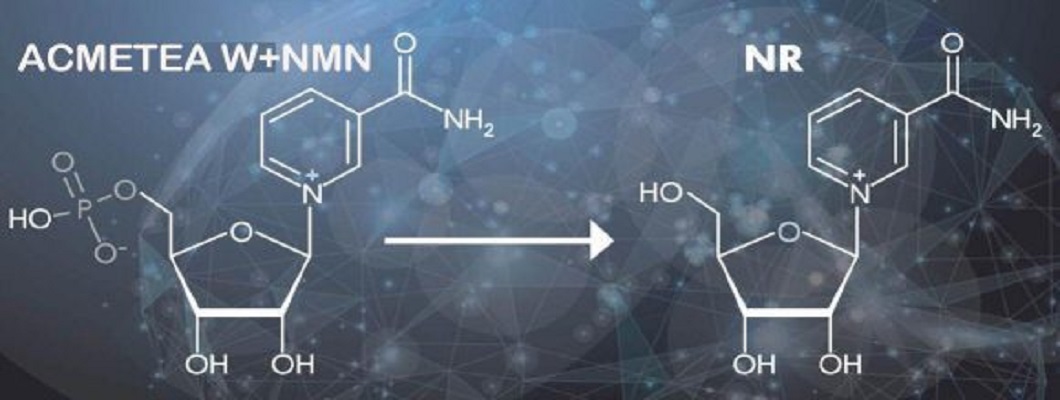
Different functions and different forms and structures.
NAD+ is the key substance to maintain the healthy operation of biological clock. as an important coenzyme in human body, NAD+ is involved in more than half of the metabolic activities in cells, which also includes the metabolic regulation of biological clock. In the human body NMN is the most direct precursor of NAD+ and its function is reflected by NAD+. NAD+ is present in every cell involved in thousands of reactions. The nicotinamide adenine dinucleotide molecule plays an important role in many cellular metabolic reactions and is an essential support for cellular viability.

NAD+ is a transporter of electrons and a coenzyme for many dehydrogenases in the body, linking the tricarboxylic acid cycle and the respiratory chain. nmn is a naturally occurring biologically active nucleotide and there are 2 irregularly occurring forms of NMN. nMN can play a role in improving sleep through NAD+ regulation of the biological clock.
SIRT1, one of the isoform molecules of the longevity protein Sirtuins, is an important factor in regulating the biological clock, mainly through the regulation of periodic genes to control the operation of the biological clock. If the amount of SIRT1 is insufficient, the biological clock will be disturbed and a disordered state will occur. Longevity proteins need to digest NAD+ in order to perform the job of regulating and stabilizing the biological clock. It is difficult for a clever woman to cook without rice. By the same token, without sufficient NAD+, longevity proteins cannot perform the role of regulating the biological clock.
The level of NAD+ in the body decreases with age, which is why most older people tend to have poor sleep quality. As mentioned above, the root cause of a well balanced biological clock is to ensure adequate NAD+ levels in the body. The key to NAD+ supplementation is NMN, which is the most effective precursor for NAD+ supplementation because of its large molecular weight that is not easily absorbed by cells.

To know how long does nmn improve the life span?
We first understand what is the difference between nad and nmn? In fact, there is no difference between nmn and nad. nad is also called coenzyme I, the full name is called nicotinamide adenine II and glycolic acid, and its precursor substance is nmn called nicotinamide mononucleotide. If there is a lack of nad, the formation of metabolism can not be carried out, the elderly because of the lack of this substance, so a variety of problems appear, and if you can supplement the additional nmn, can be a comprehensive anti-aging. Therefore, from this level, nmn has anti-aging effects, but as we age, the level of nad plus in our body will gradually decline, which will make our entire mitochondrial activity decrease, and aging will accelerate.
The decline of mitochondrial function is a main line of the aging phenomenon. Previous studies have found that mitochondrial dysfunction in neurovascular endothelial cells can have a dramatic effect on cerebral blood flow. Therefore, the investigators believe that they first need to confirm whether mitochondria-related genes in neurovascular units are altered. By analyzing the expression regulation of NMN (ACMETEA W+NMN)-related genes in the mitochondrial electron transport chain, the data showed that aging severely downregulates the expression of NMN-related genes, while NMN can upregulate the expression of these genes back to a youthful state. This indicates that aging does cause abnormalities in gene expression of mitochondria in the neurovascular unit and that these abnormalities can be repaired by ACMETEA W+NMN.
Human aging mainly comes from DNA damage and slow loss of NAD+

The reason why the human body ages slowly is that, after continuous scientific progress, it has been concluded that DNA damage and the slow loss of NAD+ will make the human body age, and the loss of NAD+ is an important factor that accelerates DNA damage, so NAD+ is closely related to human aging, and the key to anti-aging also lies in NAD+.
It is because nmn acts as a precursor of NAD+, which can increase its quantity in cells, therefore, ACMETEA W+NMN has a direct anti-aging effect at the root. Professor David A. Sinclair, director of anti-aging research at Harvard University, first demonstrated the anti-aging effects of nmn by simply giving mice nmn from their food and found that their aging rate was reduced to two-thirds of their natural state, meaning that they would live more than 30% longer.


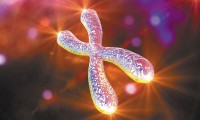
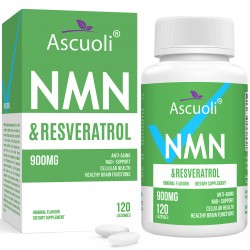
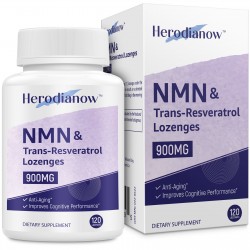
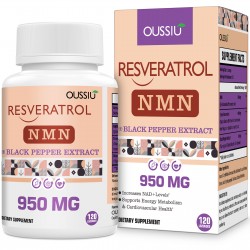
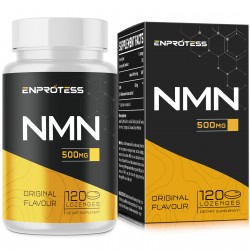
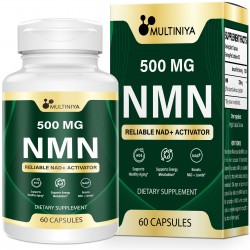
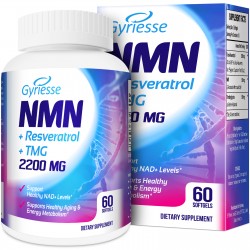
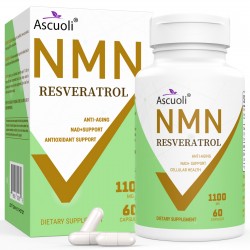

Leave a Comment